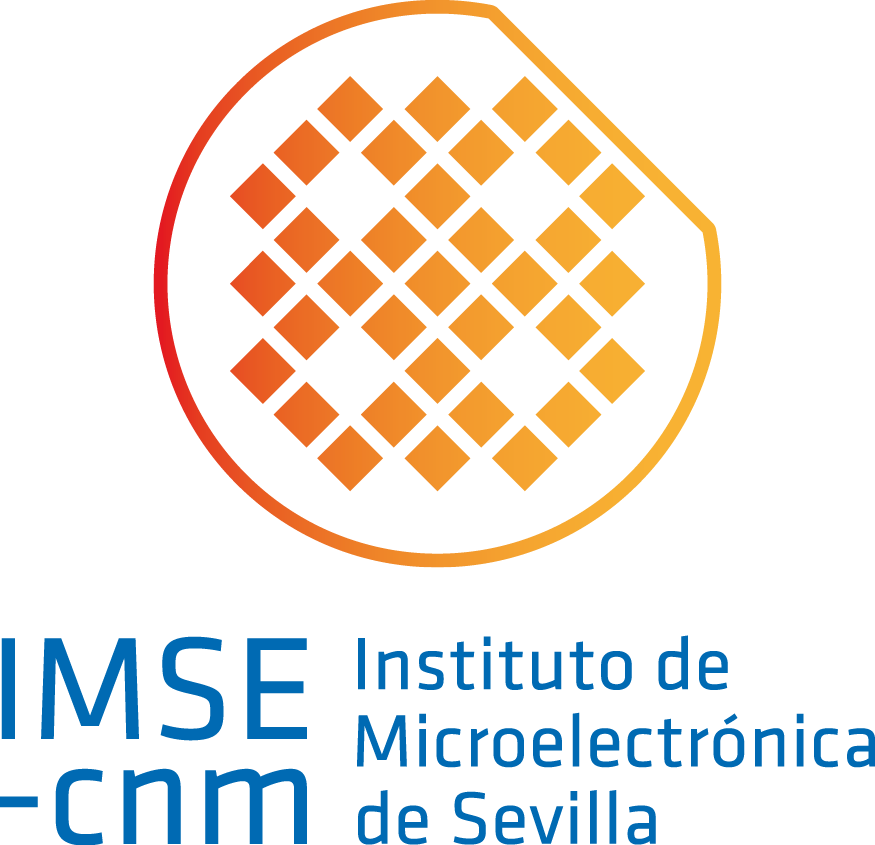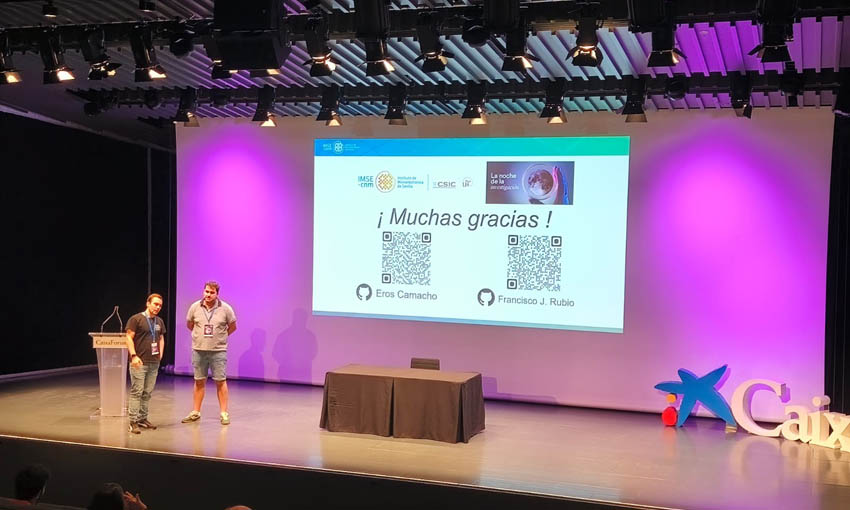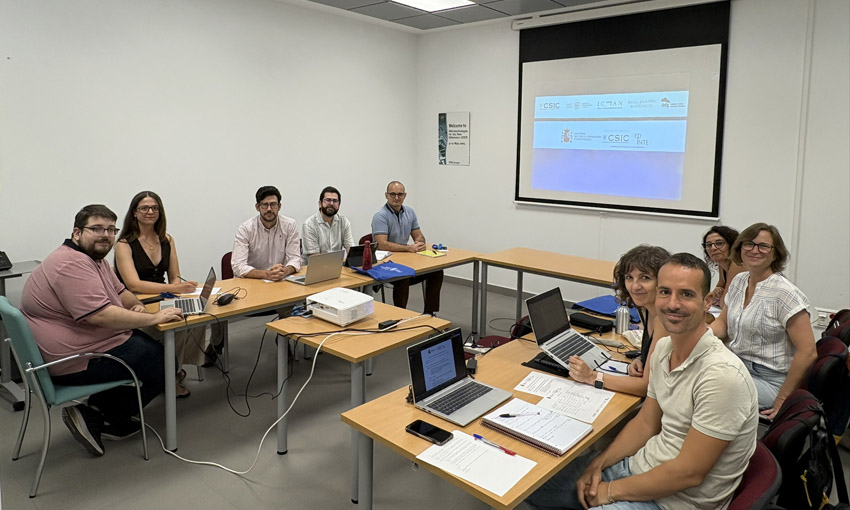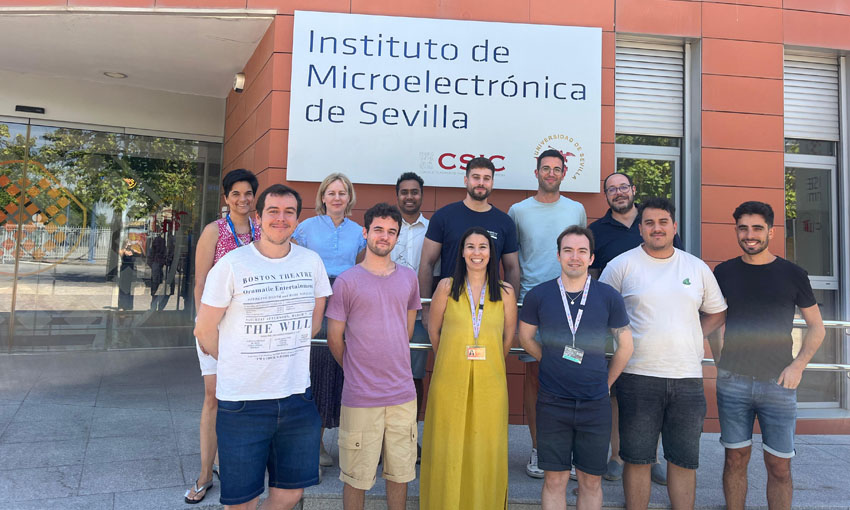


Implementing innovative concepts in silicon


"Science is Wonderful!", the International Science Fair organized by the European Commission, will be held in Brussels on March 18, 19 and 20, 2026, and will once again feature, for the third consecutive year, the participation of a team of researchers from the Instituto de Microelectrónica de Sevilla (IMSE-CNM).
November 3, 2025

The research talent of IMSE shines once again with the "Leonardo Torres Quevedo" Award granted to Pablo Navarro for his Master's Thesis that delves into the security and efficiency of cryptographic algorithms.
October 31, 2025

The Instituto de Microelectrónica de Sevilla connected with the public through two activities that combined entertainment and scientific learning, bringing microelectronics and cybersecurity closer together in an interactive and participatory manner.
October 3, 2025

On September 18 and 19, the Instituto de Microelectrónica de Sevilla hosted the MENTORING REDINTER, a meeting organized jointly by several CSIC project and internationalization offices.
September 22, 2025

Biodiversity is undergoing an unprecedented crisis in the planet's recent history. An increasing number of animal species are experiencing population declines and, in many cases, are facing extinction. This loss of biodiversity is one of the greatest challenges of our time. But what can we do to protect the species that inhabit our planet?
September 9, 2025

On July 17 and 18, we had the pleasure of welcoming Professor Ileana Buhan to our facilities. She comes from Radboud University in Nijmegen and is a specialist in digital security. Ileana's research focuses on the design and development of secure digital systems
July 21, 2025
Assessment of an FPGA Implementation of a Hybrid PUF Based on a Configurable Transient Effect Ring Oscillator and Ring Oscillator (TERORO-PUF)
A. Casado-Galán, J. Núñez, E. Tena-Sánchez, F.E. Potestad-Ordóñez and A.J. Acosta-Jiménez
Journal Paper · Electronics, vol. 15, no. 3, article 661, 2026
MDPI ISSN: 2079-9292
abstract
doi
Enhancing the performance of HfO2-based memristors with a thin Al2O3 layer: a comparative study
M. Shooshtari, T. Serrano Gotarredona and B. Linares-Barranco
Journal Paper · Journal of Physics D: Applied Physics, vol. 58, no. 45, 2025
IOP Science
abstract
doi
A Side-Channel Protected and High-Performance Hardware Implementation for EdDSA25519
P. Navarro-Torrero, E. Camacho-Ruiz, M.C. Martínez-Rodríguez and P. Brox
Journal Paper · IEEE Access Vol 13
IEEE ISSN: 2169-3536
abstract
doi
Workload Compression Techniques to Scale Defect-Centric BTI Models to the Circuit Level
A. Santana-Andreo, V.M. van Santen, R. Castro-López, E. Roca, H. Amrouch and F.V. Fernández
Journal Paper · IEEE Transactions on Circuits and Systems I: Regular Papers (Early Access), 2025
IEEE ISSN: 1549-8328
abstract
doi
Our main area of specialization is the design of CMOS analog and mixed-signal integrated circuits and their use in different application contexts such as wireless communications, data conversion, smart imagers & vision sensors, biomedical devices, cybersecurity, neuromorphic computing and space technologies.
The IMSE-CNM staff consists of approximately one hundred people, including scientists and support personnel. IMSE-CNM employees are involved in advancing scientific knowledge, designing high level scientific-technical solutions and in technology transfer.